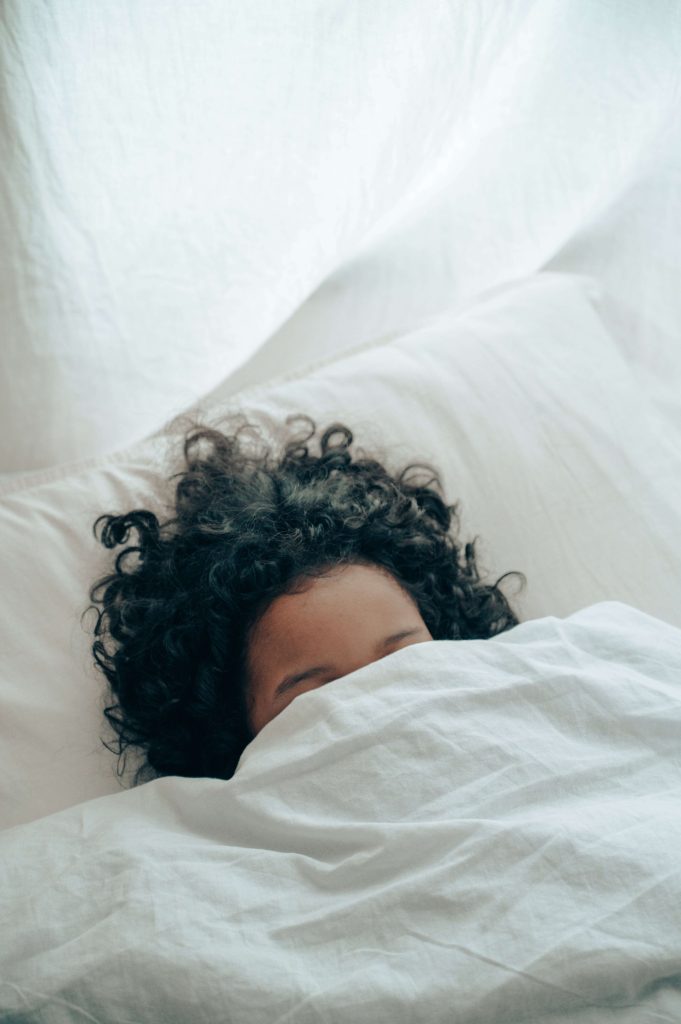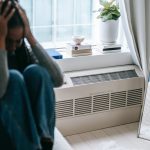Introduction
Sleep Disorder Test abnormalities that go undiagnosed have been connected to several health issues, including mood disorders, cognitive decline, and an increased risk of chronic illness. It encompasses various topics, from difficulty falling asleep to disruptions during the sleep cycle.
Importance of Identifying Sleep Disorders
Undiagnosed sleep disturbances have been linked to a host of health problems, such as mood disorders, cognitive decline, and an elevated chance of developing chronic illnesses. Recognizing the signs early is critical to maintaining optimal health.

Insomnia
Causes
Stress, worry, or certain aspects of one’s lifestyle might cause insomnia. Finding the underlying reason is essential to receiving the proper care.
Symptoms
Difficulty falling asleep, waking up frequently at night, and fatigue during the day are common insomnia symptoms.
Impact on Daily Life
The consequences of insomnia extend beyond tiredness, affecting mood, concentration, and overall quality of life.
Sleep Apnea
Explanation
Breathing pauses during Sleep, frequently caused by obstructions in the airway, are the hallmark of sleep apnea.
Signs and Symptoms
Loud snoring, gasping for air, and daytime sleepiness indicate sleep apnea. Timely diagnosis is essential for proper management.

Narcolepsy
Overview
A neurological condition called narcolepsy causes irregularities in the sleep-wake cycle, which can result in unexpected and uncontrolled bursts of slumber.
Challenges Faced by Individuals
Living with narcolepsy can be challenging, as it impacts daily activities and can be misunderstood by others.
The Need for Sleep Disorder Tests
Importance of Early Detection
Early identification of sleep disorders allows timely intervention, preventing further health complications.
Impact on Mental and Physical Health
Untreated sleep disorders can contribute to mental health issues, cardiovascular problems, and a weakened immune system.
Self-Assessment for Sleep Disorders
Recognizing Patterns and Habits
A sleep diary helps individuals identify patterns, such as bedtime routines and lifestyle habits affecting Sleep.
Importance of Keeping a Sleep Diary
Documenting sleep-related activities provides valuable insights for self-assessment and discussions with healthcare professionals.
Professional Sleep Tests
Overview of Different Sleep Tests
Polysomnography
A comprehensive sleep study was conducted in a sleep center, monitoring various physiological parameters.
Home Sleep Apnea Testing
A more convenient option allowing individuals to undergo testing in the comfort of their homes.

Steps to Take if You Suspect a Sleep Disorder
Consultation with a Healthcare Professional
Seeking guidance from a healthcare professional is crucial for accurate diagnosis and tailored treatment plans.
Following Recommendations for Lifestyle Changes
Healthcare providers often recommend lifestyle modifications, including sleep hygiene and stress management techniques.
Sleep Disorder Treatments
Alternative Medicine Methods
Effective non-pharmacological treatments for insomnia include behavioral therapies, relaxation methods, and cognitive-behavioral therapy for insomnia (CBT-I).
Medicines and Treatments
Medication may be used in some situations to address particular sleep disorder symptoms. Treatment choices differ according to the kind and level of the illness.
Creating a Sleep-Friendly Environment
Importance of a Comfortable Sleep Space
Optimizing the sleep environment includes comfortable bedding, adequate room darkness, and an ideal room temperature.
Eliminating Sleep Disturbances
Identifying and addressing potential sleep disruptors, such as noise or light pollution, contributes to a more restful sleep experience.
Lifestyle Changes for Better Sleep
Diet and Exercise
Maintaining a balanced diet and incorporating regular exercise can positively impact sleep quality.
Managing Stress and Anxiety
Practicing stress-reducing activities, such as meditation and mindfulness, can alleviate sleep-related anxiety.
FAQs
Q: Is it normal to experience occasional sleep disruptions?
A: Occasional disruptions are expected, but persistent issues may indicate an underlying problem. Consultation with a healthcare professional can provide clarity.
Q: How does technology affect sleep patterns?
A: Exposure to screens before bedtime can disrupt the body’s natural sleep-wake cycle. Establishing a technology-free wind-down routine can promote better Sleep.
Q: Can sleep disorders be hereditary?
A: Heredity indeed has a role in some sleep problems. Talking to a healthcare practitioner if family members have problems sleeping is essential.
Q: Which signs and symptoms of insomnia are typical?
A: Insomnia is characterized by fatigue throughout the day, difficulty falling asleep, and frequent awakenings at night. Persistent symptoms may indicate the need for a professional evaluation.
Q: Are there natural remedies for improving sleep quality?
A: Natural remedies include:
- Maintaining a consistent sleep schedule.
- Creating a relaxing bedtime routine.
- Avoiding stimulants close to bedtime.
Conclusion
In conclusion, sustaining general health and well-being requires an awareness of sleep disturbances. People may improve their sleep quality proactively by identifying the symptoms, getting expert advice, and changing their lifestyle.








I read the article it’s very informative i like your site and i like your content